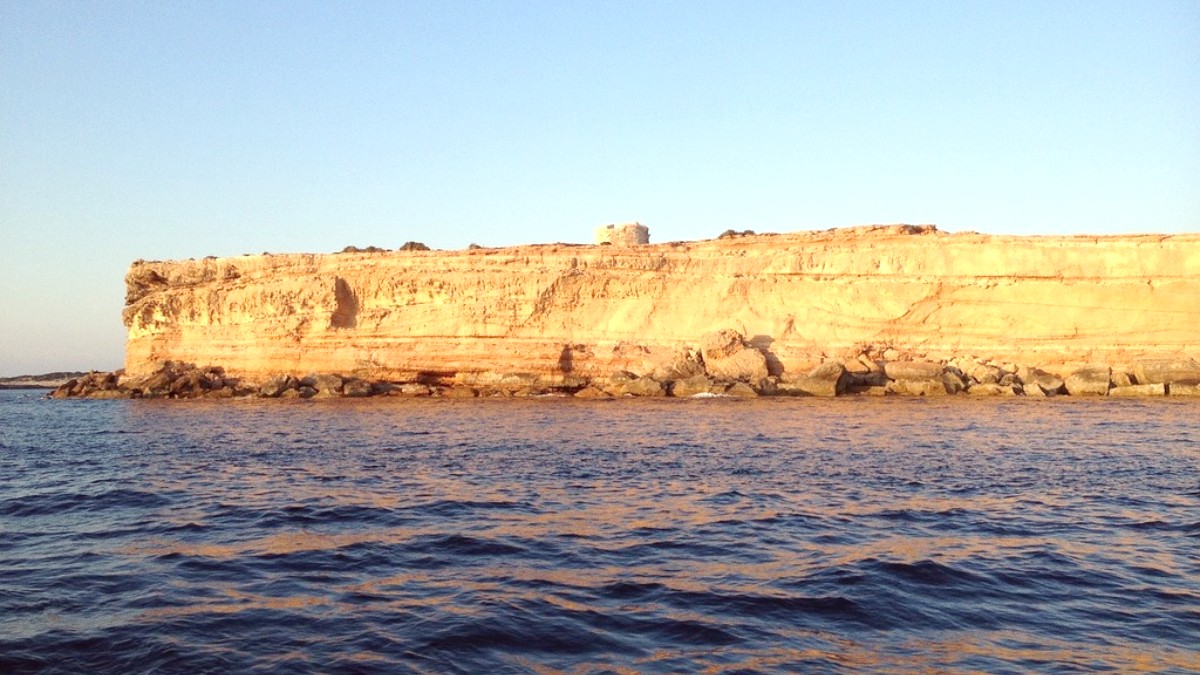
Spain
Formentera is a leader in environmental protection, with a strong focus on preserving its natural beauty and marine ecosystems, like the Posidonia meadows.
Engaging with local culture respectfully and supporting community-based initiatives are core principles for a positive travel experience on the island.
Your spending choices directly aid the local economy and community, ensuring that tourism benefits the island's residents and traditional businesses.
Formentera's dedication to its environment means specific protected areas and conservation efforts. Mindful choices from visitors play an useful role.
Ses Salines Natural Park: This UNESCO World Heritage site forms a core part of Formentera's environmental identity. Its marine Posidonia oceanica seagrass meadows play a significant role in oxygen production and coastline protection.
Spain features well-established recycling bins. Separate bins are common for plastic/cans (yellow), paper/cardboard (blue), and glass (green). Formentera greatly relies on desalinated water.
Look for accommodations that actively champion sustainable practices. These often feature water and energy-saving measures, waste reduction programs, and local produce sourcing.
Support tour operators that follow ethical tourism guidelines, with a focus on low-impact activities and visitor education regarding environmental protection.
Prioritize purchasing handmade goods from local artisans at markets like La Mola. This secures fair prices for their work and upholds traditional craftsmanship.
Support conservation through purchasesWhen acquiring gear, consider brands with strong sustainability ethics. For reusable items, explore options from companies dedicated to reducing waste.
Explore Patagonia's sustainable gearConscious decisions concerning waste, water, and supporting local businesses collectively build a sustainable future for the island.
Support local artisans and traditional businesses. Purchasing handmade crafts or locally produced goods preserves the island's cultural heritage and gives economic benefits directly to the community.
Your spending choices hold a positive impact on the local economy and community. Prioritize purchasing handmade goods from local artisans at markets like La Mola.
Seek out and purchase handmade crafts and goods directly from local artisans at markets like the famous Hippy Market in La Mola.
Choose souvenirs that genuinely represent Formentera's culture and are produced sustainably by local residents.
Before booking tours or activities, research the provider to confirm they operate ethically and responsibly, upholding community values.
Every interaction and purchase during your Formentera visit holds an impact. By choosing responsibly and engaging respectfully, you greatly contribute to the island's sustainable future and the well-being of its community.
Formentera's environment and community thrive with conscious travel choices. Your visit is an opportunity to contribute positively.
The island's unique ecosystem, especially the Posidonia oceanica seagrass meadows, needs careful protection. Visitor awareness and action are vital for this.
Engaging with the local community and supporting their livelihoods strengthens the island's unique character and sustainability.
Showing respect for local customs and traditions greatly enriches your travel experience and fosters good relations.
Your financial choices as a tourist can directly support the livelihoods of Formentera's residents and their traditional ways of life.
Be aware of any activities or services that might involve the exploitation of animals or individuals. Ethical travel means respecting all life forms.
Avoid purchasing items made from protected or endangered species. Such purchases can contribute to illegal wildlife trade and harm biodiversity.
Responsible tourism preserves Formentera's natural splendor and cultural richness. Your thoughtful choices during your stay make a difference, contributing to the island's long-term sustainability and the well-being of its people.